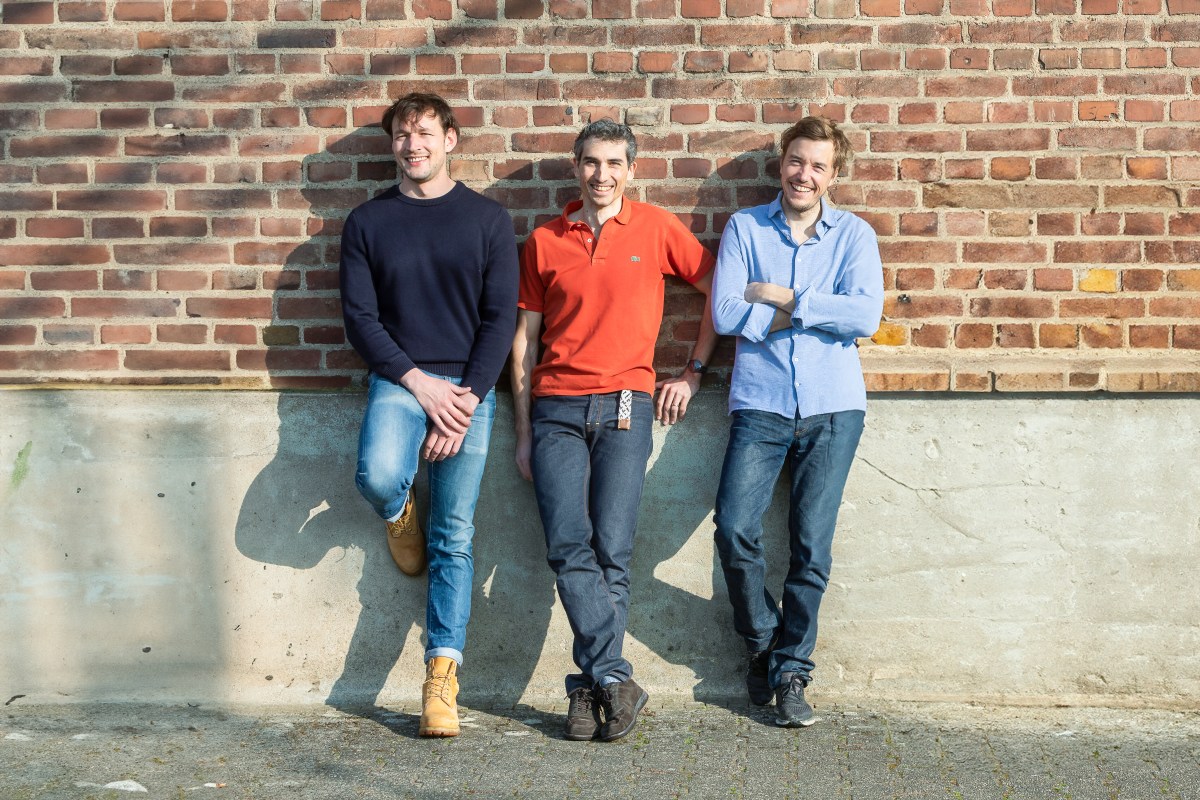Carbonfact, a French startup, is pioneering carbon accounting solutions by focusing exclusively on the fashion industry. Their carbon management and reporting tool is tailored specifically for this vertical.
Recently, Carbonfact secured a $15 million funding round led by Alven, a French VC firm that also supported Carbonfact’s seed round in 2022. Other investors in this round include Headline and a follow-on investment from Y Combinator.
As regulations evolve in Europe and the U.S. with initiatives like the EU’s Corporate Sustainability Reporting Directive (CSRD), California’s Climate Corporate Data Accountability Act, and the NY Fashion Act, large companies in the fashion industry and beyond are looking to develop comprehensive carbon accounting strategies.
This has led to a surge in carbon accounting platforms, with industry-agnostic solutions like Watershed, Persefoni, Sweep, and Greenly dominating the market. In contrast, Carbonfact stands out by focusing solely on the fashion industry, allowing for a more detailed and industry-specific approach.
According to Carbonfact co-founder and CEO Marc Laurent, accuracy and specificity are crucial for industries like food and fashion. Industry-specific tools are essential for modeling virtual products accurately and enhancing future product offerings.
Carbon data at a product level
Carbonfact’s approach involves retrieving existing data from clients’ ERP and internal systems, calculating product footprints using a specialized lifecycle assessment engine designed for clothing items.
By centralizing and normalizing data from various sources like PLM software, traceability platforms, and Excel files, Carbonfact assists clients in calculating scopes 1, 2, and 3 emissions, with a focus on scope 3 indirect emissions from third-party suppliers.
The platform provides a comprehensive overview of emission hotspots, helps prioritize data collection with suppliers, and enables clients to generate detailed reports and conduct scenario analysis at an SKU-based level to optimize environmental impact.
Image Credits: Carbonfact
Aside from CO2-equivalent metrics, Carbonfact also tracks other environmental indicators such as water consumption and French eco-labels, following the Product Environmental Footprint Category Rules (PEFCR) in the carbon accounting industry.
With over 150 apparel and footwear brands onboarded, including industry players like New Balance, Columbia, Carhartt, and Allbirds, Carbonfact is making significant strides in the fashion sector. The platform generates substantial recurring revenue, with clients paying tens of thousands of dollars annually for its services.
The sustainability management software market is growing, presenting opportunities for industry-specific platforms like Carbonfact. The future holds the promise of further growth in this sector, with potential for consolidation and expansion.


